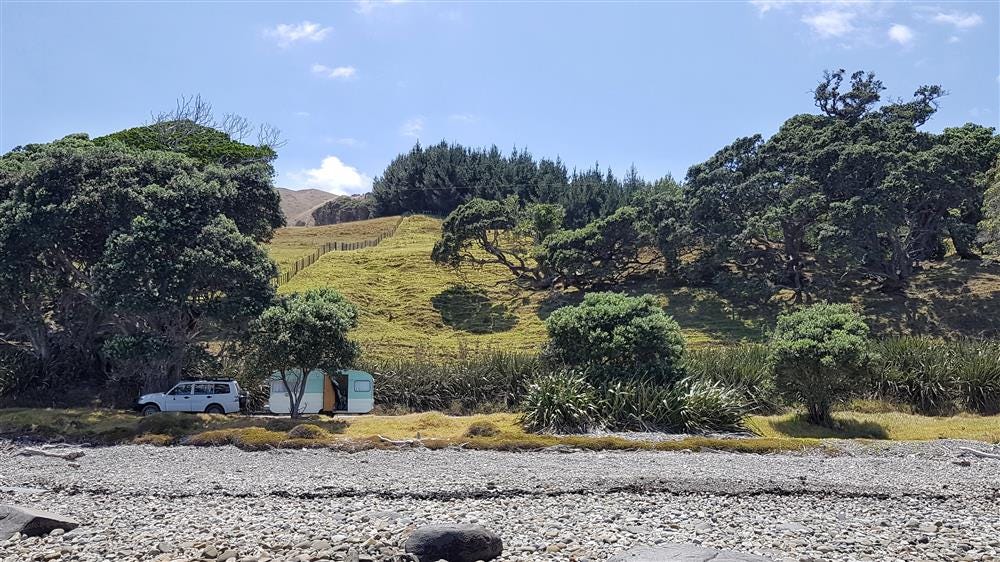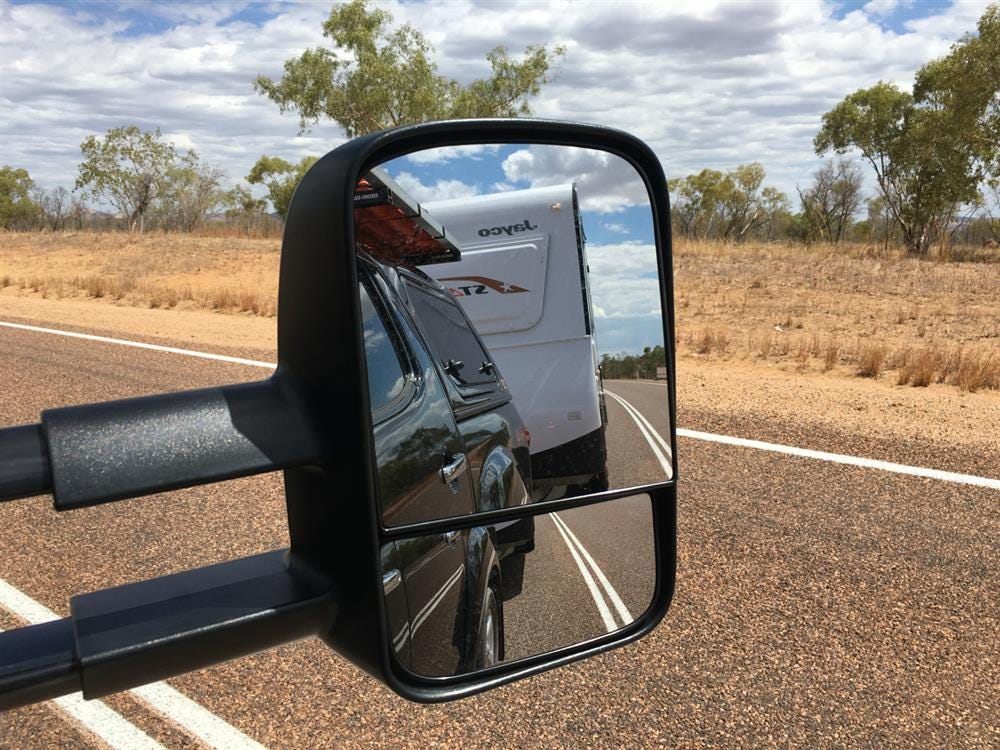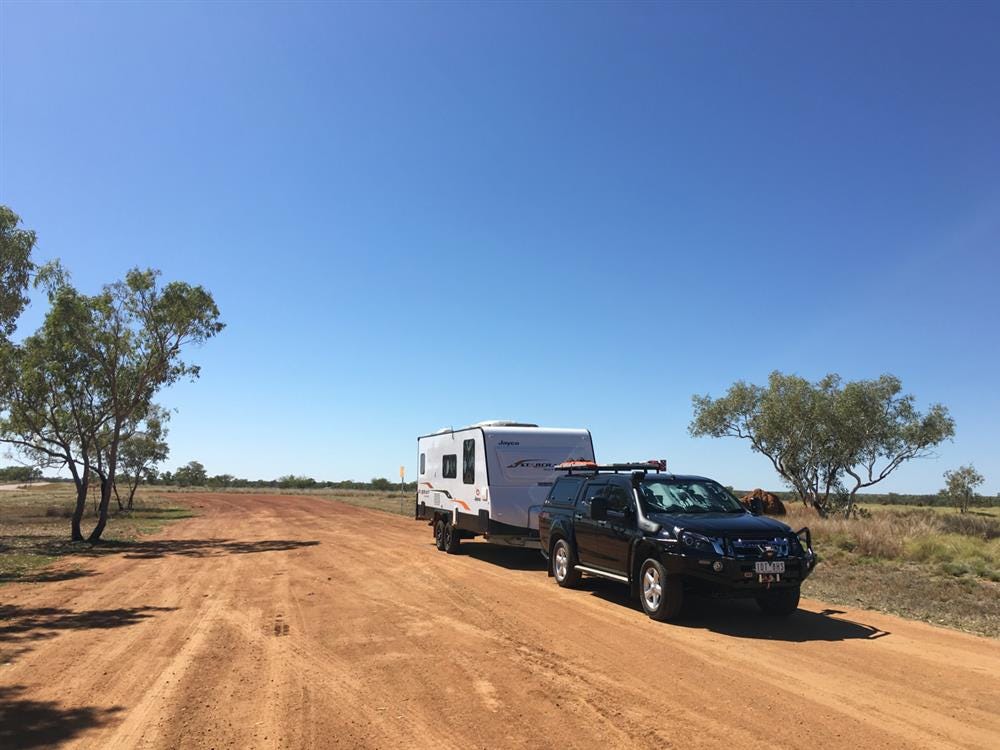Whether it’s snaking, shaking, or swaying, caravan sway is something that all caravan towers dread. As one of the most common causes of caravan accidents on the road, caravan sway is something almost all drivers have seen or experienced. Usually caused by a combination of factors both inside and outside of your control (wind, load distribution, speed, or tyre pressure), there are a few simple things you can do to keep caravan sway at bay. We look at some of the main causes, how to fix them and what to do if you do encounter caravan sway on the road.


Knowing how to properly prevent and handle caravan sway can keep your family safe on the road
What causes caravan sway?
Weight distribution
One of the most common reasons for caravan sway is uneven weight distribution and poor packing. While it may not seem like it, packing correctly can have a massive effect on reducing sway whilst driving. A good rule of thumb is to pack all heavy loads as close as possible to the axels and never at the rear of the caravan or trailer. By packing heavy loads at the rear of the caravan any interference whilst driving can quickly cause a pendulum effect which, if handled poorly, can lead to more severe sway and even accidents.
Checkout this video to see how uneven weight distribution can cause caravan sway.
Tyre Pressure
For the smoothest ride possible, tyre pressure needs to be taken into consideration when towing. Having tyre pressure that is too high will wear out the centre of your tyres more quickly, make for a bouncy ride and, most importantly, will make your caravan more likely to sway. To rectify this issue, it’s important to check your tyre pressure frequently and make sure it lines up with the recommended pressure on the compliance plate of your caravan. Though, always make sure your tyres are cold when checking the tyre pressure to get an accurate reading. This means waiting until at least two hours after towing to check.
Speed
We’ve all seen the dashcam videos of caravans overtaking other vehicles, gaining too much speed, and eventually swaying their way into an accident. The sway in these videos is almost always speed related because, no matter how unevenly your van is loaded if you’re only driving at 20km/h you will not sway. The faster you drive the more likely you are to sway, and the harder it is to get that sway under control if it happens.


Properly packing your car and caravan is an easy way to prevent unwanted sway
This may be the easiest problem to fix though by simply slowing down. That isn’t to say you need to drive 50km/h the whole way to your destination but be sensible, drive to the road conditions and make sure you’re 100% confident with your vehicle, caravan, and speed when looking to overtake.
How to avoid caravan sway?
There are a few simple steps that you can take while you’re on the road to reduce caravan sway if you do encounter it and potentially keep you from running yourself or others off the road.
- When you feel the caravan start to sway, steer as little as possible to correct the sway. These quick steering movements will make things worse.
- Reduce acceleration to minimise the magnitude of trailer oscillations. Slowing down is almost always helpful when you start to feel something going awry.
- Apply the brakes gently, this will ensure both the vehicle and trailer sway is aligned. If possible, use the override on your electric trailer brake controller to apply the caravan brakes independently of the vehicle, this can aid in controlling the sway.


An electric brake controller is a critical part of any towing setup
In conclusion, though there are a few things you can do to pre-emptively prevent caravan sway, outside factors can also cause it. This is where it is critical that you know your rig and know the steps to preventing caravan sway if it does occur while you’re on the road.
For more information on electric trailer brake controllers and how they keep you safe on the road see our blog on The Evolution of Electric Trailer Bake Controllers.
